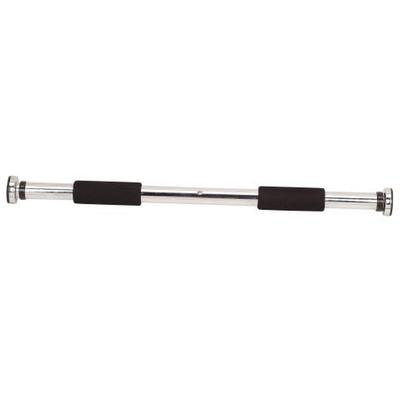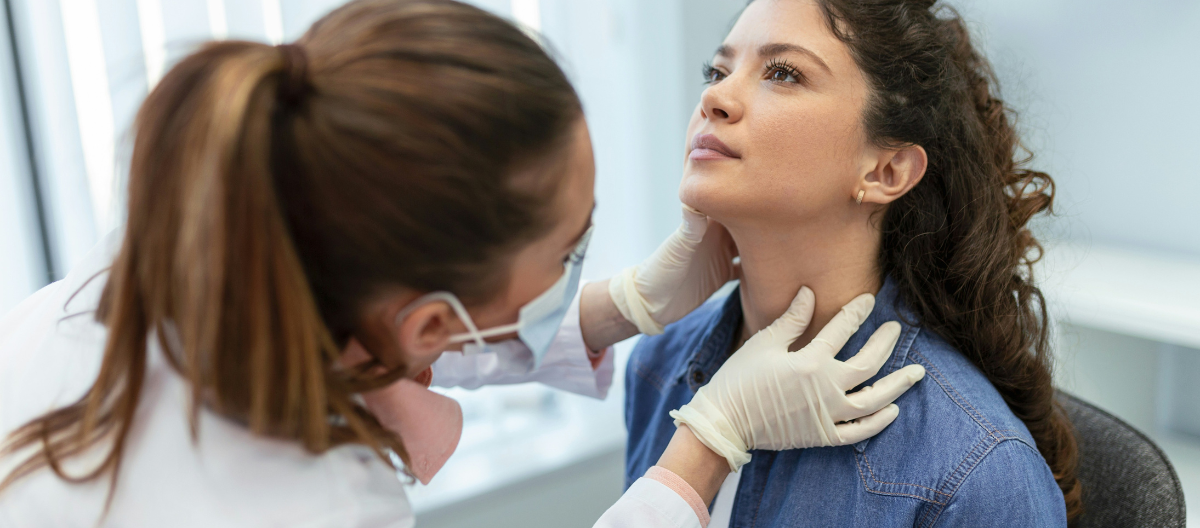Hey Diva dressing fans! When the items we love coincide with brands we work with, Diva dressing will use Paid Links in our articles. If you decide to click on these links and purchase the product, we get a small commission. Our Opinions Are Our Own, but we do add Paid Links as a way to offer these products at no added cost to our readers. Want to know more? Click Here to check out our Terms of Use anytime!
Thyroid disorders are common health issues that disproportionately affect women compared to men. The thyroid gland, located at the base of the neck, produces hormones that regulate metabolism, energy levels, and overall body function. When the thyroid does not produce hormones properly, it can lead to various health problems. Women are particularly susceptible to thyroid issues due to factors such as hormonal fluctuations during pregnancy, menopause, and autoimmune conditions.
Types of Thyroid Disorders
Hypothyroidism: Hypothyroidism occurs when the thyroid gland produces too little thyroid hormone. This condition is more common in women and can cause a range of symptoms due to the slowdown of metabolic processes.
Symptoms:
- Fatigue and weakness
- Weight gain or difficulty losing weight
- Cold intolerance
- Constipation
- Dry skin and brittle nails
- Depression
- Menstrual irregularities
- Hair thinning
Causes:
- Hashimoto’s Thyroiditis: An autoimmune disorder where the body’s immune system attacks the thyroid, leading to decreased hormone production.
- Iodine Deficiency: Iodine is essential for thyroid hormone production. A lack of iodine in the diet can cause hypothyroidism.
- Postpartum Hypothyroidism: Some women develop temporary thyroid dysfunction after giving birth, known as postpartum thyroiditis.
- Treatment: Hypothyroidism is typically treated with synthetic thyroid hormone replacement (levothyroxine) to restore normal hormone levels.
Hyperthyroidism: Hyperthyroidism occurs when the thyroid produces too much hormone, leading to an overactive metabolism.
Symptoms:
- Rapid heartbeat or palpitations
- Unexplained weight loss
- Increased appetite
- Anxiety and irritability
- Tremors
- Heat intolerance
- Excessive sweating
- Menstrual irregularities
- Hair thinning and brittle hair
- Causes:
- Graves’ Disease: An autoimmune disorder where the immune system overstimulates the thyroid to produce excess hormones.
- Thyroid Nodules: Lumps in the thyroid gland can become overactive and produce excess hormones.
- Thyroiditis: Inflammation of the thyroid can cause a temporary spike in thyroid hormone levels.
- Treatment: Hyperthyroidism can be managed with medications that reduce hormone production, radioactive iodine therapy to shrink the thyroid, or surgery to remove part of the gland.
Thyroid Nodules: Thyroid nodules are lumps that form within the thyroid gland. Most nodules are benign, but in rare cases, they may be cancerous.
Symptoms:
- A noticeable lump in the neck
- Difficulty swallowing or breathing (if the nodule is large)
- Hoarseness
- Some nodules may produce excess thyroid hormones, leading to hyperthyroidism symptoms.
- Diagnosis and Treatment: Thyroid nodules are usually detected during a physical exam or imaging tests. Fine-needle biopsy or ultrasound may be used to determine if the nodule is cancerous. Treatment options include monitoring, hormone therapy, or surgery.
Thyroid Cancer: Thyroid cancer is relatively rare, but women are three times more likely to develop it compared to men. It is often detected early and can be treated effectively.
Symptoms:
- A lump in the neck
- Changes in voice, including hoarseness
- Difficulty swallowing
- Persistent cough not due to a cold
- Treatment: Treatment for thyroid cancer often involves surgery to remove part or all of the thyroid, followed by radioactive iodine therapy or thyroid hormone replacement.
Risk Factors for Thyroid Disorders in Women
- Gender: Women are five to eight times more likely to develop thyroid disorders than men.
- Age: The risk increases with age, particularly after the age of 50.
- Pregnancy: Hormonal changes during pregnancy can trigger thyroid dysfunction, leading to postpartum thyroiditis in some women.
- Autoimmune Conditions: Women with other autoimmune disorders, such as lupus or rheumatoid arthritis, are at higher risk of developing thyroid problems.
- Family History: A family history of thyroid disorders increases the likelihood of developing the condition.
- Iodine Deficiency: Although rare in developed countries, iodine deficiency can lead to hypothyroidism.
Impact of Thyroid Disorders on Women’s Health
Menstrual and Reproductive Health: Thyroid hormones play a critical role in regulating the menstrual cycle. Hypothyroidism can cause heavy or irregular periods, while hyperthyroidism may lead to light or absent periods. Untreated thyroid disorders can also affect fertility, increasing the risk of miscarriage, preterm birth, or complications during pregnancy.
Bone Health: Hyperthyroidism, particularly when untreated, can lead to osteoporosis by speeding up the process of bone loss. Women are already at higher risk of osteoporosis due to hormonal changes, so maintaining proper thyroid function is crucial for bone health.
Mental Health: Both hypo- and hyperthyroidism can affect mental health. Hypothyroidism is often associated with depression, fatigue, and memory problems, while hyperthyroidism can lead to anxiety, restlessness, and irritability. Early detection and treatment are key to preventing long-term mental health effects.
Diagnosis of Thyroid Disorders
Thyroid disorders are diagnosed through several methods, including:
- Blood Tests: Thyroid-stimulating hormone (TSH) tests are commonly used to measure thyroid function. High TSH levels indicate hypothyroidism, while low levels indicate hyperthyroidism. Free T4 and T3 levels are also tested to assess hormone levels.
- Imaging Tests: Ultrasound or radioactive iodine scans may be used to examine the size, shape, and function of the thyroid gland, as well as to detect nodules or other abnormalities.
- Biopsy: A fine-needle aspiration biopsy is used to test for thyroid cancer when nodules are present.
Treatment of Thyroid Disorders
The treatment of thyroid disorders depends on the type and severity of the condition. Common treatments include:
- Medications: Synthetic thyroid hormones (for hypothyroidism) or anti-thyroid medications (for hyperthyroidism) can help restore normal hormone levels.
- Radioactive Iodine: Used to treat hyperthyroidism by shrinking the thyroid gland and reducing hormone production.
- Surgery: In cases of large nodules, thyroid cancer, or severe hyperthyroidism, surgery to remove part or all of the thyroid may be necessary.
- Hormone Replacement Therapy: After thyroid removal or if hormone production is insufficient, thyroid hormone replacement therapy is often required.
Here are some products you can try
Sunny Health & Fitness No. 025 Doorway Chin Up Bar $28.96

Sunny Health & Fitness Total Body Stepper Machine $78.62

Sunny Health & Fitness 45-degree Hyperextension Roman Chair $82.87

Sunny Health & Fitness Multifunction Dip Station Strength Bar $100.69

Sunny Health Fitness Row-N-Ride PRO™ Squat Assist Trainer $143.64

Sunny Health Fitness Roman Chair with Dip Station $149.62



